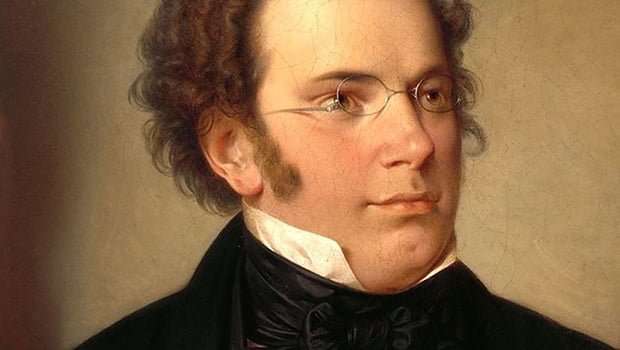Franz Schubert, one of the most beloved composers of the 19th century, left an indelible mark on the world of classical music despite his tragically short life. Born on January 31, 1797, in Himmelpfortgrund, a suburb of Vienna, Schubert showed an early aptitude for music. His father, Franz Theodor Schubert, was a schoolmaster, and his mother, Elisabeth Vietz, was a cook in the service of Count Johann Karl Esterházy, a nobleman with a great appreciation for the arts.
Schubert’s musical talent was nurtured from a young age. At the age of six, he began receiving violin lessons from his father, and by the time he was seven, he was studying piano with his brother Ignaz. Recognizing his son’s exceptional musical ability, Franz Theodor Schubert arranged for young Franz to receive formal musical training at the Stadtkonvikt, a prestigious boarding school for choirboys in Vienna, where he studied under the renowned composer Antonio Salieri.
Franz Schubert, an Austrian composer of the early 19th century, left an indelible mark on the world of classical music. With his unparalleled ability to capture raw emotions and create enchanting melodies, Schubert's compositions continue to inspire and move listeners to this day. In this blog post, we will embark on a journey through Schubert's musical legacy and explore the ten best compositions that showcase his genius and artistic prowess.
Franz Schubert was a renowned Austrian composer of the late Classical and early Romantic eras. Despite his short life, Schubert's musical genius left an indelible mark on the world of classical music. Here are seven fascinating facts about Franz Schubert: 1. Musical Prodigy: Schubert showed exceptional talent from a young age. Born on January 31, 1797, in Vienna, Austria, he began composing music as early as age 11. He studied composition with Antonio Salieri, a prominent composer of the time, and quickly developed a unique and expressive musical style.
Franz Schubert was one of the most influential composers of the late Classical and early Romantic eras. He was born on January 31, 1797, in Vienna, Austria, to a musical family. His father was a schoolmaster who taught him violin and his brother taught him piano. He also received lessons from the court organist and the famous composer Antonio Salieri.
Schubert showed remarkable talent from an early age and composed his first songs when he was only 14. He joined the imperial court chapel choir and attended the Stadtkonvikt school, where he was exposed to the works of Haydn, Mozart, and Beethoven. He left school at 16 and became a teacher at his father's school, but he continued to compose prolifically in his spare time.
